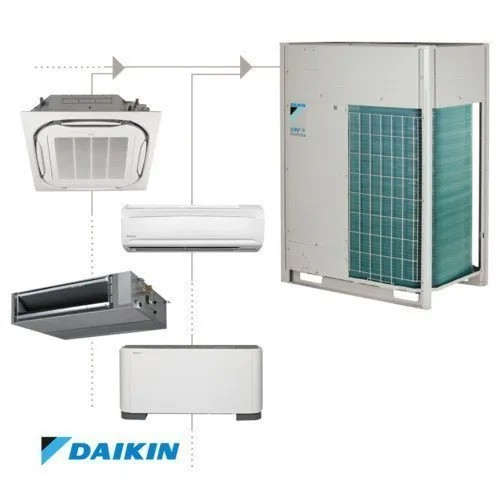Variable Air Volume (VAV) systems offer several benefits over traditional Constant Air Volume (CAV) systems, making them a popular choice for modern buildings. Here’s a detailed breakdown of the advantages of VAV:
Improved Energy Efficiency:
- Precise Temperature Control: VAV systems deliver conditioned air directly to zones based on their specific needs. This eliminates the need for excessive cooling or heating throughout the building, reducing wasted energy.
- Reduced Fan Energy: VAV systems use variable-speed drives on supply fans. As cooling or heating demands decrease in specific zones, the fan slows down, consuming less energy. In contrast, CAV systems run fans at constant speed, even when full cooling or heating isn’t necessary.
Enhanced Comfort:
- Consistent Temperatures: VAV systems maintain consistent temperatures within individual zones by adjusting airflow. This eliminates hot or cold spots often experienced with CAV systems.
- Improved Air Quality: VAV systems can integrate with occupancy sensors. When a zone is unoccupied, the system reduces airflow, minimizing unnecessary air circulation and potential dust or allergen movement.
Additional Advantages:
- Flexibility and Scalability: VAV systems easily adapt to changing needs within a building. If you add or remove partitions in an office space, for example, the VAV system can be adjusted to accommodate the new layout.
- Reduced Noise Levels: VAV systems operate more quietly than CAV systems due to the variable-speed fan operation. This is particularly beneficial in areas like libraries, conference rooms, or residences.
- Potential for Passive Dehumidification: In some VAV systems, adjusting airflow can help control humidity levels without the need for additional dehumidification equipment.
Things to Consider:
- Higher Initial Cost: VAV systems typically have a higher upfront cost compared to CAV systems due to the additional control components and variable-speed drives.
- Increased Maintenance Needs: VAV systems have more complex components like dampers, sensors, and actuators that might require more frequent maintenance compared to CAV systems. However, proper maintenance can extend the lifespan of these components and ensure optimal system performance.
Overall, VAV systems offer significant advantages in energy efficiency, comfort, and flexibility for modern buildings. While the initial cost might be higher, the long-term energy savings and improved occupant comfort can make VAV a worthwhile investment.
Looking to install a commercial HVAC System or Duct work in your Business Area?
Contact Vipul Ac to learn about our HVAC Service
Call +91 9825636606 Today.

